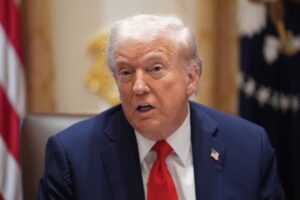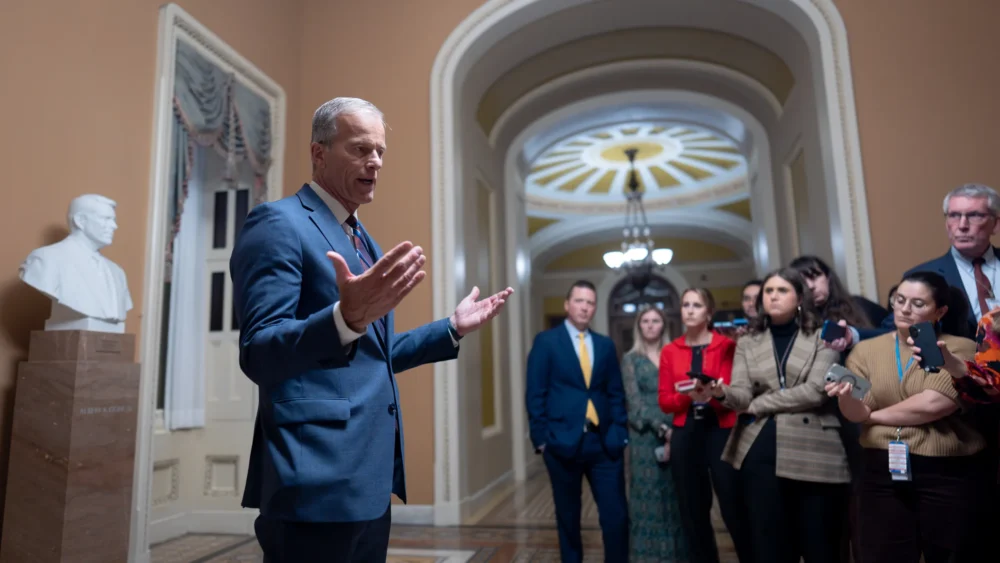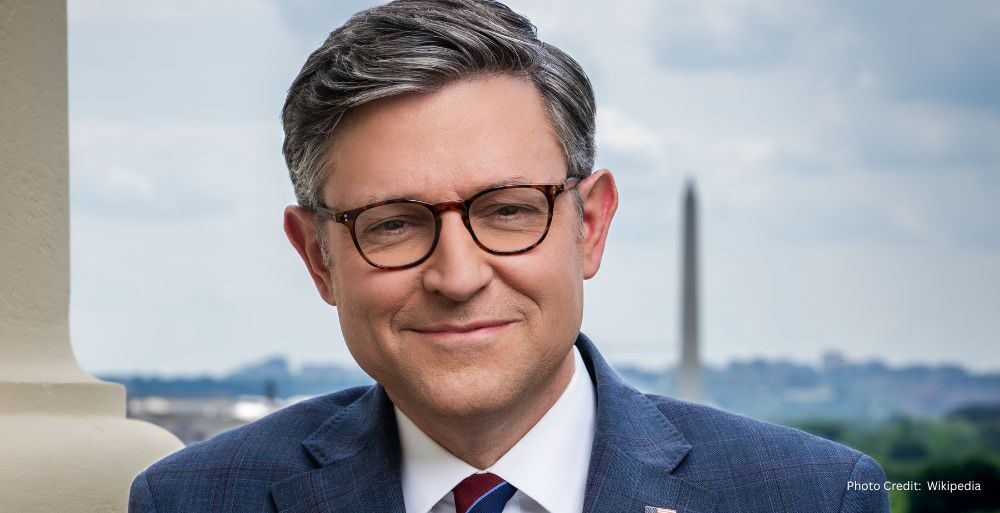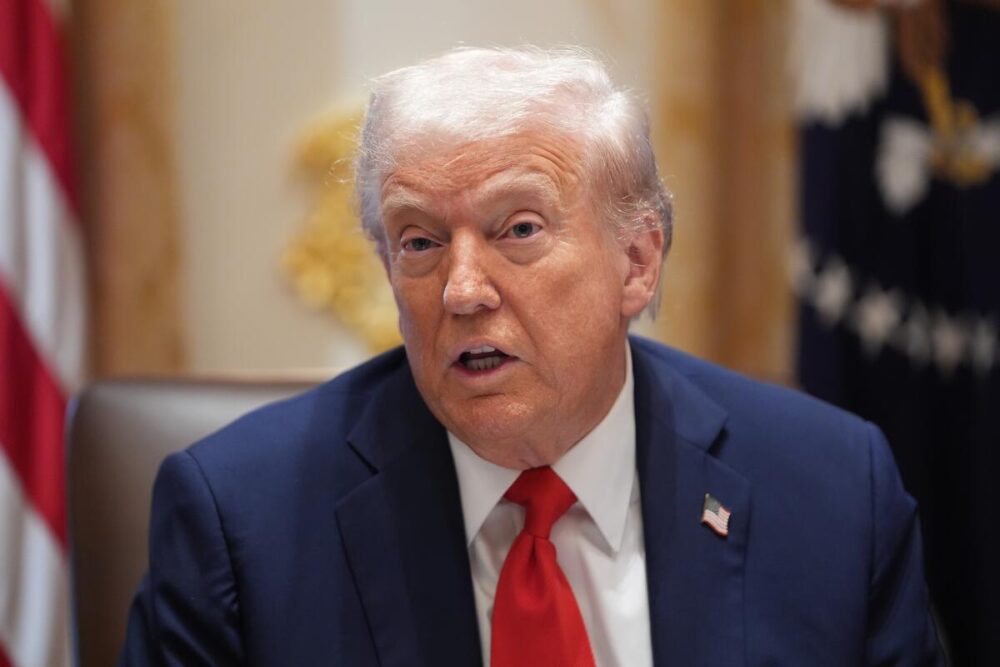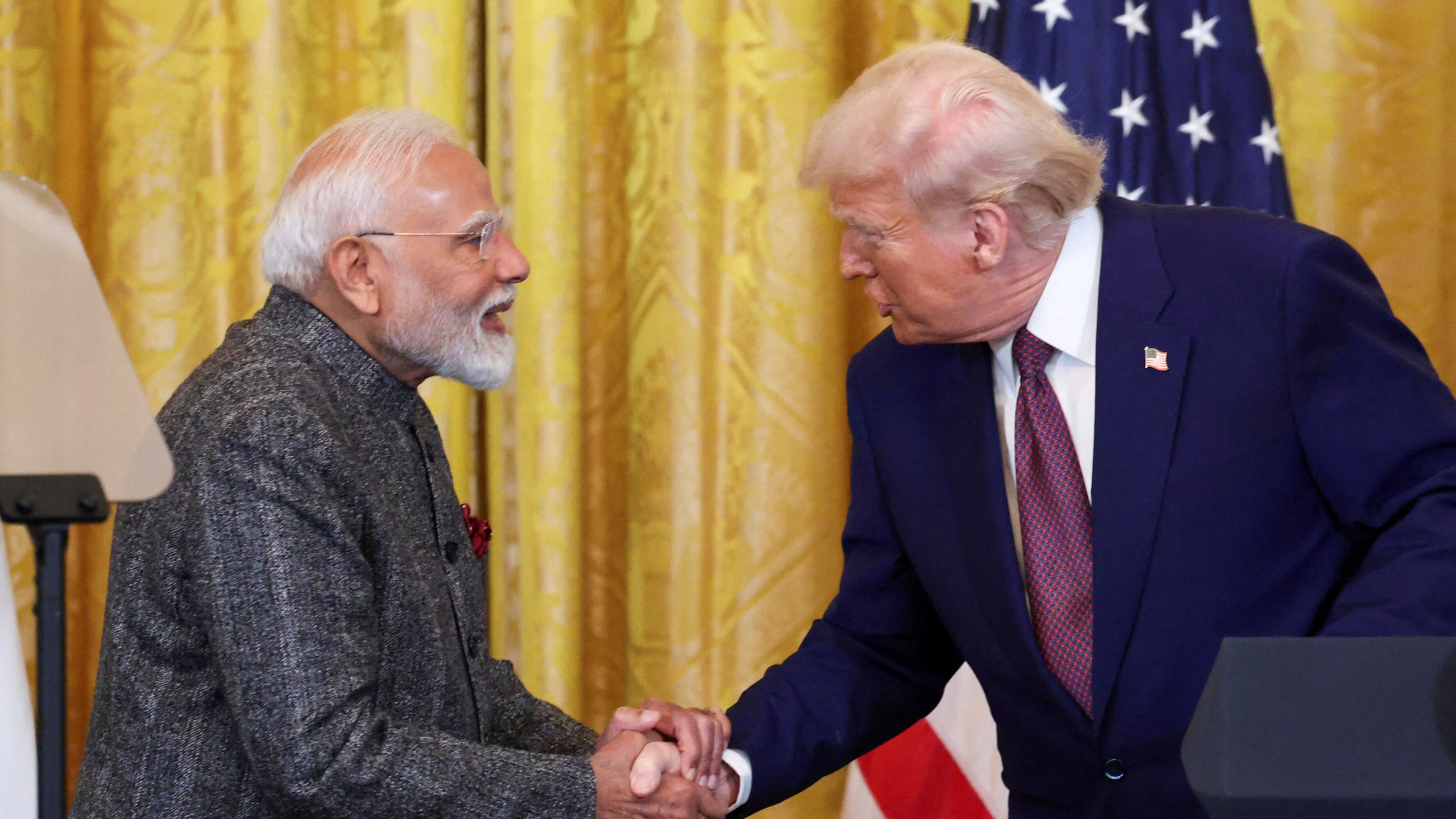As the U.S. House of Representatives prepares for a crucial vote to end the nation’s longest-ever government shutdown, several significant obstacles threaten to delay or derail the funding bill’s passage. With the shutdown impacting millions—federal employees missing paychecks, travelers facing disruptions, and essential assistance programs on halt—there is intense political and public pressure on lawmakers to reach an agreement swiftly. Yet, the path to reopening government funding remains uncertain, with sharp disagreements and logistical hurdles at play.
Here are four major obstacles that could influence the outcome of the House vote on the spending bill:
1. Healthcare Subsidies Creating Republican Divisions
One of the most contentious issues throughout the shutdown has been the fate of the healthcare tax credits that help make insurance affordable for roughly 24 million Americans. Democrats have pushed for the spending bill to include a renewal of these tax credits, which are set to expire at the end of December.
Senate Republicans, however, resisted this demand. They agreed only to let Democrats have a vote in December on whether the subsidies should be extended, rather than committing to their immediate renewal. House Speaker Mike Johnson has also not promised a vote on the subsidies in the House.
This issue carries significant political stakes. If Republicans block the subsidies, insurance premiums could rise sharply, providing Democrats with a potent campaign issue for next year’s midterms. Notably, some Republicans have voiced concerns. Georgia’s Marjorie Taylor Greene publicly criticized the idea of rising premiums affecting her own adult children, leading to a public spat with former President Donald Trump.
The Republican leadership is reportedly exploring modifications, such as setting income caps on eligibility and redirecting tax dollars directly to individuals instead of insurers. Details of this plan remain unclear, and the outcome could sway votes in the House.
2. Democratic Opposition and Party Divides
The Democratic caucus in the House faces internal tension as it strategizes how strongly to oppose the Republican-led spending bill. Following recent election wins in Virginia, New Jersey, and New York City, some Democrats gained momentum believing they could push back more forcefully.
However, the party remains divided between its progressive wing, which views any budget deal without their priorities as a concession to Republicans, and more moderate members willing to cooperate. Prominent progressives, including Senator Bernie Sanders and California Governor Gavin Newsom, condemned the idea of abandoning healthcare fights and called for resistance.
Conversely, moderate Democrats, such as Jared Golden of Maine and Henry Cuellar of Texas, have indicated possible willingness to support the Republican plan, especially as some are nearing retirement or are more centrist in outlook.
House Minority Leader Hakeem Jeffries has voiced opposition to the Republican spending package, arguing it raises living costs for ordinary Americans, but the depth of Democratic dissent could be pivotal in a tight vote.
3. Razor-Thin Republican Majority in the House
The Republican majority in the House was set to shrink further with the swearing-in of a Democratic member from Arizona, Adelita Grijalva, narrowing the GOP’s margin to just five seats—219 Republicans to 214 Democrats.
To pass the spending bill, Republicans can afford to lose no more than two votes. Although most are expected to support the bill, some conservatives known for fiscal hawkishness, such as Thomas Massie of Kentucky and Victoria Spartz of Indiana, have not publicly declared their positions.
Others, like Chip Roy of Texas, from the conservative Freedom Caucus, downplayed the risk of defections, indicating little known opposition within his group. Still, with the margin so slim, any dissent could delay or derail the vote.
4. Travel Disruptions Hampering Lawmakers’ Return
The practical challenges of getting every member back to Washington in time present another obstacle. The House has been out of session for seven weeks, with Speaker Mike Johnson urging an immediate return for the vote.
However, the government shutdown has led to thousands of canceled flights, as air traffic controllers remain unpaid and many have called in sick. Nearly 1,200 flights were canceled on a recent Tuesday alone, and weather problems such as heavy snow and record-cold temperatures in the Midwest have added to the difficulties.
Congress members have taken alternative measures to reach the capital, with some carpooling by car or even riding motorcycles to make it in time. These logistical headaches create uncertainty about whether enough members can be physically present to conduct the vote according to schedule.
Looking Ahead: The Vote and Its Implications
The vote on the spending bill in the House is a make-or-break moment to end a shutdown that has lasted over six weeks, causing financial hardship and operational disruptions nationwide. The Senate has already approved the measure, but it still requires passage in the House before reaching the president for signature.
How the four obstacles outlined—healthcare subsidy disputes, Democratic faction tensions, a narrow Republican majority, and travel challenges—will influence the final outcome remains an open question. What is clear is that the stakes are extraordinary, as millions await the government to reopen and fund critical programs.
With the clock ticking, political negotiation and coordination remain critical to breaking the impasse and restoring normal government operations.








